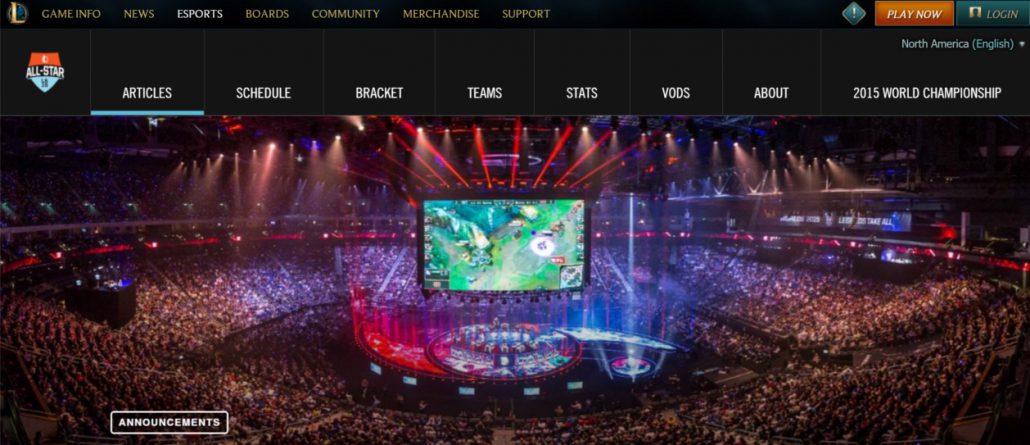Online or in situ – which came first?
Updated on 05 April 2024
It doesn’t take a genius to figure that one out. Of course in situ gatherings, including both meetings and kids’ games, came first, probably around campsites and campfires. Interesting to note, then, that the 2015 World Championship League of Legends e-sport games had 360 million hours of live viewing, 334 million daily unique impressions, and average concurrent viewership of over 4.2 million, with a maximum of 14 million at its peak. There were 36 million unique viewers during the 15-day October event[i] (you can watch a sample of the event online:)

For online gaming, online came first.
The in situ Mercedes Benz Arena[ii] (capacity 17,000) sold out in minutes.[iii] Why should we care about this interesting, but unrelated fact? Because of what it might tell us about the relationship of the online and in situ components of events.
This is not an example of an Internet Governance Forum (IGF) meeting with an online component, or an important Geneva meeting with a remote participation possibility. But it does spark some thoughts for further brainstorming:
How did they manage to get such a spectacular online turnout? I think it was because they offered something that people desperately wanted to watch, and the audience was technically and culturally prepared to attend online.
Even more stunning: How did an online gaming event manage to attract a sold-out in situ audience? There is simply nothing like an in situ gathering for some meetings.
How does online porn enter into this picture? Porn derives from an intrinsically human in situ practice. How and why did it help drive technology and Internet development?[iv][v] Can we learn anything from that, besides the fact that if we have something they find compelling to offer, people will join us?
In situ and online events explore and enhance their topics. They don’t compete, or subtract from each other. If we carefully design our events ‒ online, in situ, or both ‒ offering value to our followers, we will have enthusiastic audiences, and we will increase possibilities of inclusion.
The Geneva Engage: E-participation for International Geneva conference will discuss these questions and related topics in January 2016 when I expect to learn a lot about strategies to design better online and in situ gatherings.
Related blogs
Related events
Related resources
Subscribe to Diplo's Blog
The latest from Diplo and GIP
Tailor your subscription to your interests, from updates on the dynamic world of digital diplomacy to the latest trends in AI.
Subscribe to more Diplo and Geneva Internet Platform newsletters!
Diplo: Effective and inclusive diplomacy
Diplo is a non-profit foundation established by the governments of Malta and Switzerland. Diplo works to increase the role of small and developing states, and to improve global governance and international policy development.



